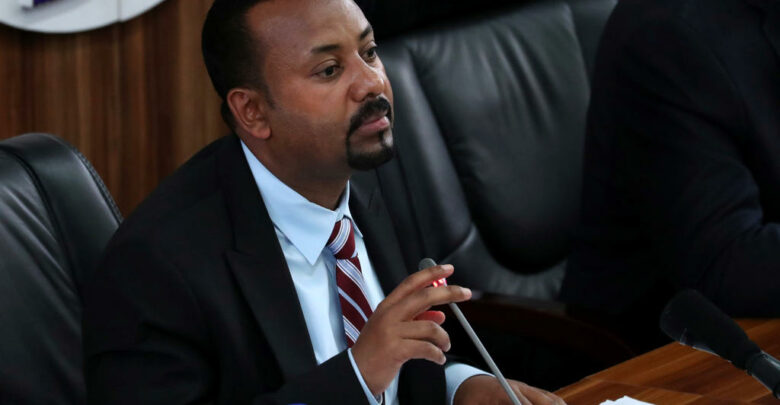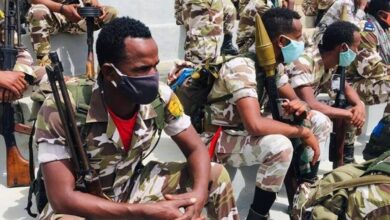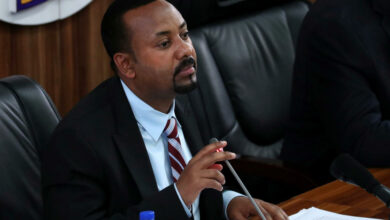Ethiopia
Ethiopian Government Outlines Conditions To Begin Negotiation Talks With TPLF

The Ethiopian government, on Thursday, outlined conditions for possible ceasefire talks with leaders of the Tigray People’s Liberation Front (TPLF), reported Al Jazeera.
The Ethiopian Foreign Ministry spokesman Dina Mufti told reporters that the government has laid down three conditions for starting possible negotiation talks with the rebel forces.
“In order for there to be a peaceful solution, they say it takes two to tango,” Dina said. “There are conditions: First, stop your attacks. Secondly, leave the areas you have entered [Amhara and Afar]. Third, recognize the legitimacy of this government.”
“By the way, don’t misunderstand, it’s not being said a decision has been made to enter into negotiations,” he added.
Ethiopian Prime Minister Abiy Ahmed’s government has been locked in a war with Tigray forces since November last year. The TPLF forces have invaded the southern region in recent months and have not ruled out a possible march on the capital, Addis Ababa.
Getachew Reda, the TPLF spokesman, had previously said that withdrawing forces from Amhara and Afar before the launch of talks is a big no.
Last week, the Tigrayan forces had seized Kemise, 325km (200 miles) from Addis Ababa, but the government has accused the TPLF forces of exaggerating their territorial gains and insists that the conflict is not heading towards the capital.
The TPLF is demanding the end of the humanitarian blockade on Tigray, where hundreds of thousands of people are believed to be living in famine-like conditions.
According to a United Nations weekly report, no aid has reached Tigray since last month, and that 364 trucks are stuck in the capital of Afar as approval from the authorities to proceed was still pending.
Last week, the Ethiopian government imposed a nationwide state of emergency, resulting in a fresh wave of mass arrests that have further affected the aid response.






